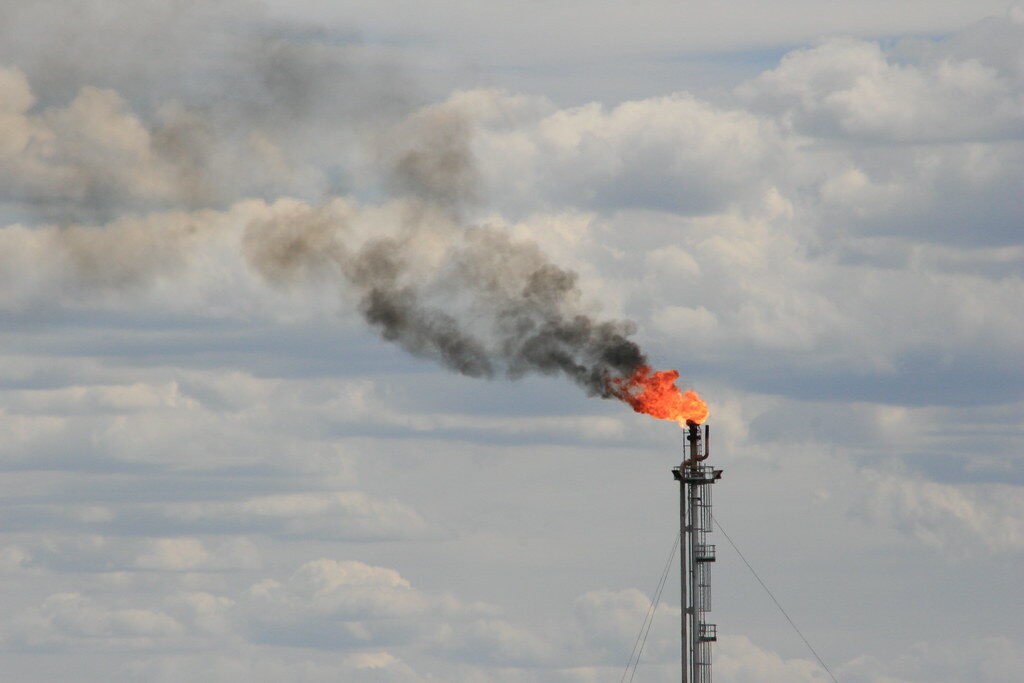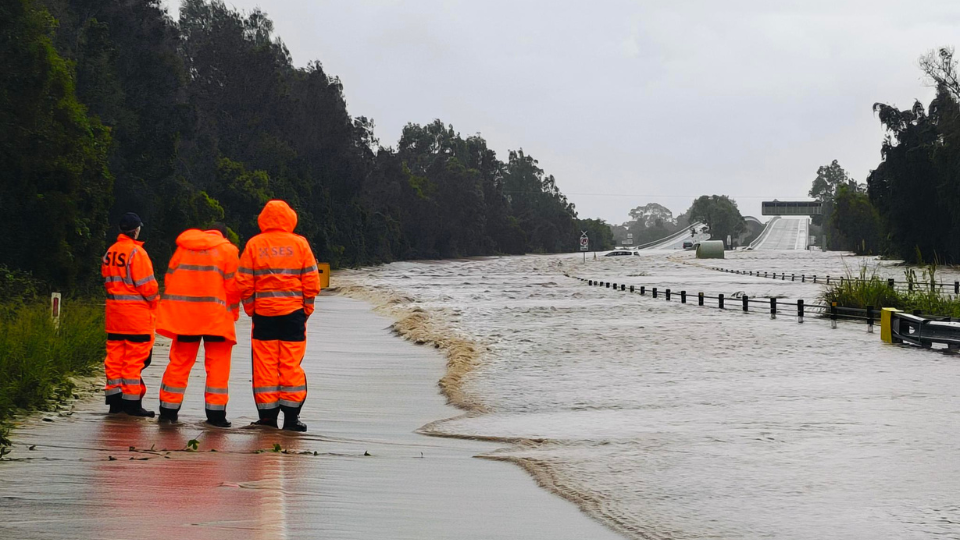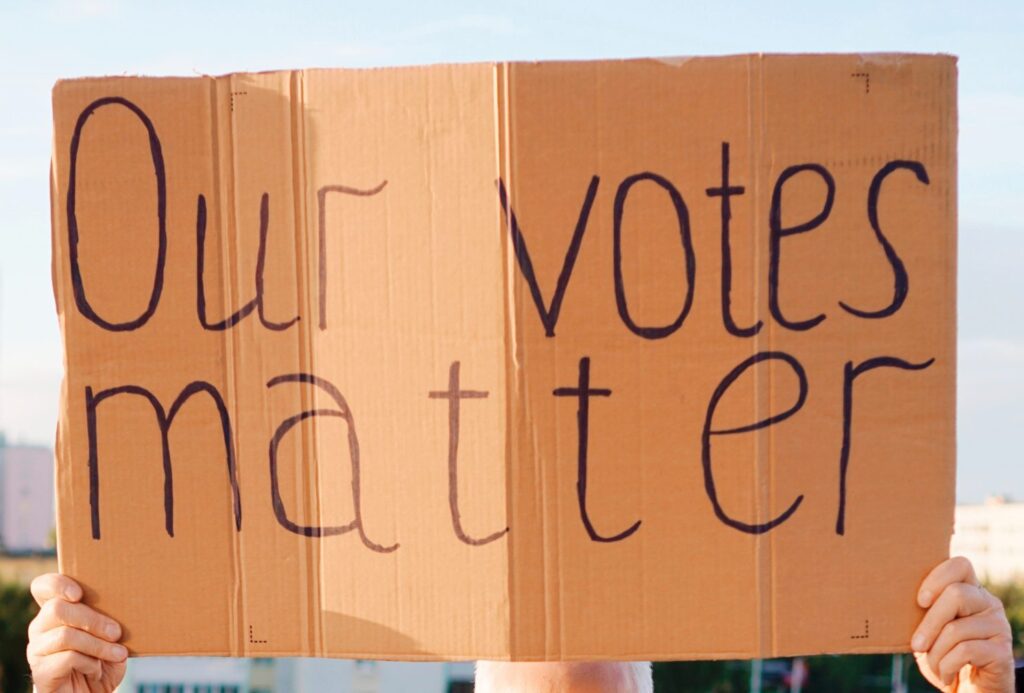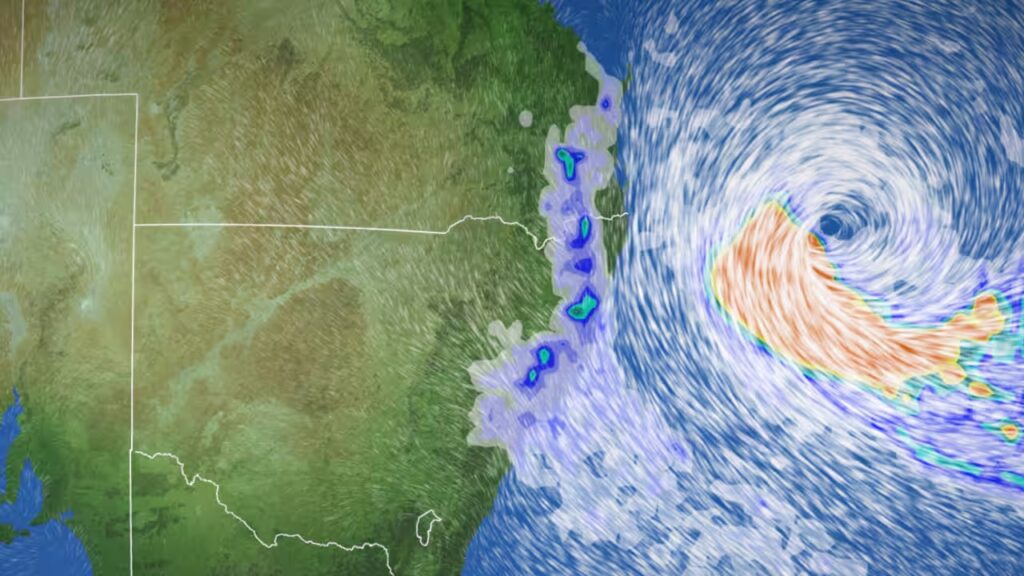This year’s Conference of the Parties – otherwise known as COP – will be taking place in Dubai at the end of what is predicted to be the hottest year on record. As well as scorching temperatures, 2023 has also been marred by international conflict, economic pressures, and devastating fire seasons. All of this and more will shape the discussions at this year’s COP.
For Australia, COP28 comes as our nation continues to work to rebuild its international reputation on climate, after a decade as one of the world’s most notorious climate pariahs. We are also hoping to host COP31 in 2026 in partnership with the Pacific and must prove we can be worthy of this role.
The latest science has once again made abundantly clear that the world is dangerously off track, and that global emissions need to plummet this decade. The window for avoiding climate breakdown is narrowing and only decisive action, enabled by transformational leadership, can save us from catastrophe.
As with previous years, COP28 will see negotiations on everything from phasing out fossil fuels to ramping up renewable energy to mobilising more funds to support the world’s most vulnerable nations to cope with the impacts of climate change. Avoiding the most devastating climate impacts now depends on every country bringing the most ambitious commitments and actions they can muster to the table at COP28 this year.
What is COP
‘COP’ refers to the Conference of the Parties to the United Nations Framework Convention on Climate Change (UNFCCC). It is the most important annual meeting on climate change. COP28 is the 28th annual Conference of the Parties. At COP21 in Paris in 2015, countries finally landed the first universal agreement on tackling the climate crisis – the Paris Agreement. Each COP since has essentially been about how to get the world on track to fulfilling the goals that were agreed back in 2015, including doing everything possible to limit warming to 1.5°C.
Held in Dubai in the United Arab Emirates (UAE), COP28 will be a two-week-long series of conferences, talks and negotiations. At the core of the COP is the negotiations between governments on how they’re going to cooperate and what new commitments they’re willing to make.
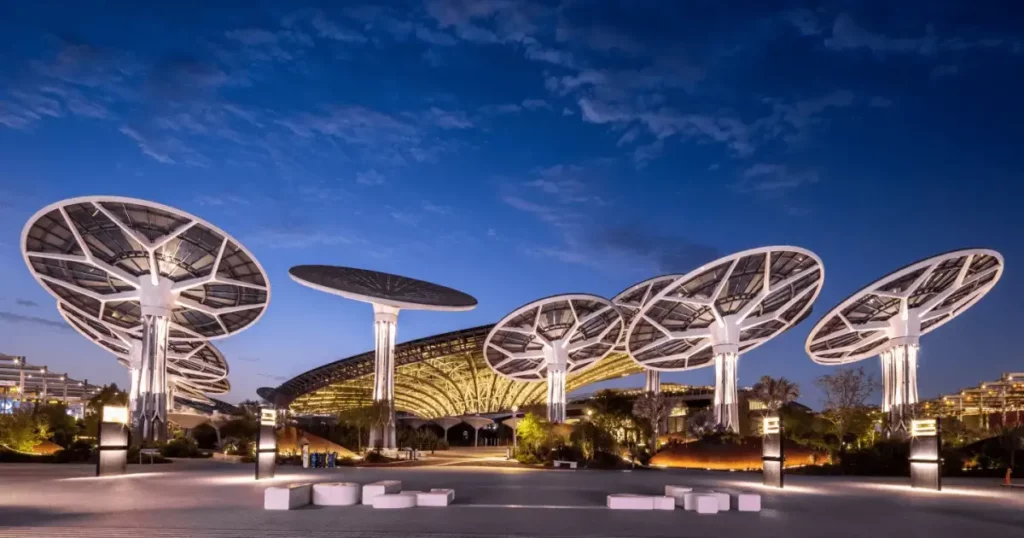
Expo City Dubai
Who will and won’t be attending COP28
Estimated to bring more than 70,000 people from around the world, COP28 will see many of the world’s most powerful and influential leaders come together.
Notably, US President Joe Biden will not be in attendance, the White House has confirmed.
Australia will send Minister for Climate Change and Energy Chris Bowen, as well as Assistant Minister Jenny McAllister. Assistant Minister McAllister will have a lead role in one of the key areas of negotiation at the COP – a new global goal on enhancing countries’ ability to adapt to the impacts of climate change. Australian Prime Minister Anthony Albanese is not expected to attend.
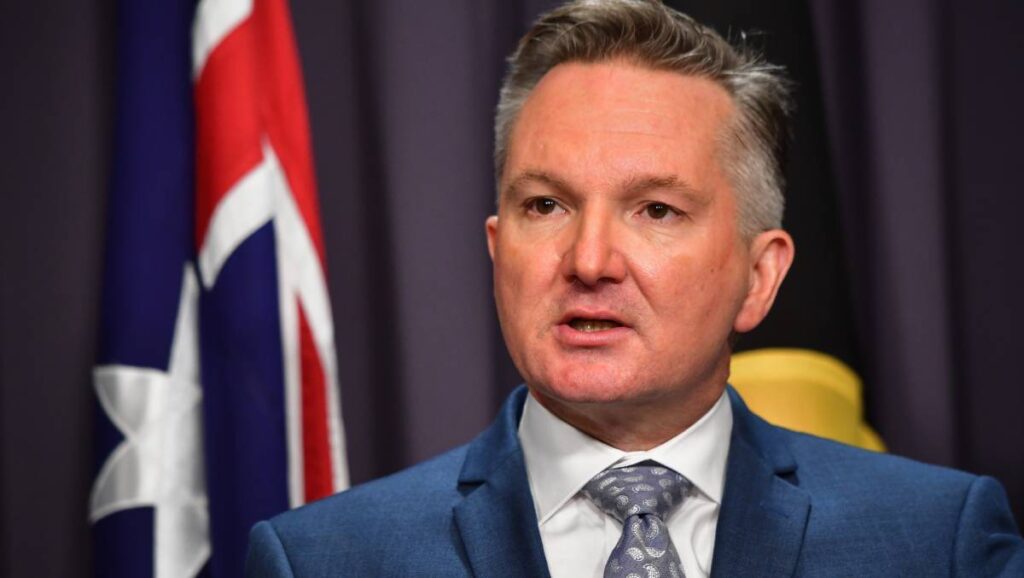
As well as government officials and delegates, a whole range of media personnel, representatives from climate organisations, business, academia and state and local governments from all over the world will also be going along to the summit.
What’s on the agenda
From phasing out fossil fuels and ramping up renewable energy, to how to support the world’s most vulnerable countries by building their resilience to the impacts of climate change; a lot is up for discussion at COP28.
So, what kind of discussions are expected?
The Global Stocktake
COP28’s top ticket item will be to assess global progress towards the goals of the Paris Agreement. This is referred to as the ‘Global Stocktake’.
Under the Paris Agreement, countries set initial emission reduction targets and must update them with more ambitious contributions every five years. The next round of these commitments is due in 2025. A Global Stocktake happens ahead of each round, and will influence expectations for all countries – Australia included, hopefully prompting them to establish new, more ambitious targets for reducing emissions.
Ramping up renewables by 2030
Many are hoping a significant result to come out of COP28 will be a shared commitment to triple the global renewable energy capacity by 2030, along with a pledge to double energy efficiency by the decade’s end. To do so, The International Energy Agency has emphasised this is what’s needed for any hope of achieving the Paris Agreement’s goal of limiting warming to 1.5°C.
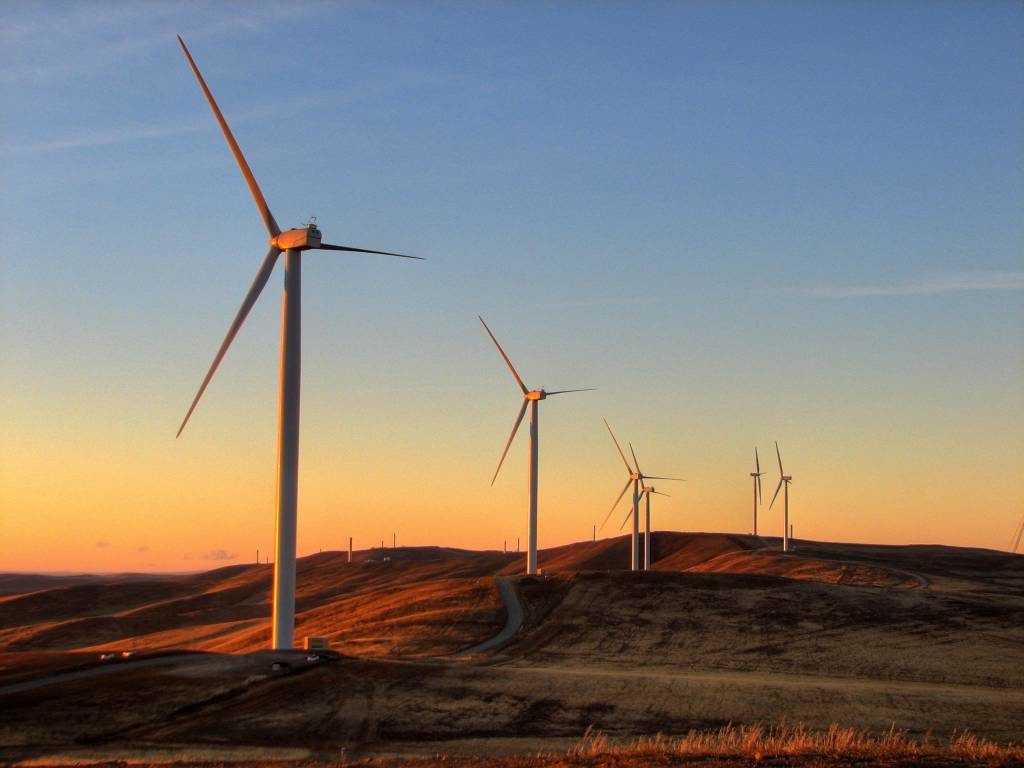
Scaling up renewables on this magnitude could prevent approximately 7 billion tonnes of carbon dioxide emissions between 2023 and 2030, equivalent to eliminating all current carbon dioxide emissions from China’s power sector.
Phasing out fossil fuels
As well as speeding up the expansion of renewable energy sources, an increasing number of countries are urging for a worldwide phase-out of fossil fuels to be included in the decisions made at COP28.
During COP26 in 2021, countries agreed to “intensify efforts towards the phasedown of unabated coal power”. Believe it or not, this marked the first instance in decades of climate negotiations where a COP decision directly and explicitly addressed the problem of fossil fuels.
The following year at COP27, a coalition of over 80 countries, including the EU, the US, and India, advocated for a revision of the language, pushing for a global “phaseout of all fossil fuels.” Although this proposal didn’t make it to the final outcomes, the widespread support among countries suggests increasing pressure for a global phaseout of all fossil fuels – and not just a phasedown of coal.
Loss and damages
Last year’s COP27 in Sharm El-Sheikh, Egypt, saw a major breakthrough in addressing loss and damage from climate change. Following marathon negotiations, nations reached an agreement to create a new fund specifically aimed at tackling loss and damage, especially in countries most susceptible to the impacts of the climate crisis. At COP28, the focus will be on getting this fund operational. Key questions, such as the source of funding, eligibility criteria for support, and the process for accessing funds, need to be addressed.
We anticipate that loss and damage will once again be a highly debated topic at COP28. Vulnerable countries, including those in the Pacific Islands, are determined to ensure that COP28 translates last year’s hard-won historic agreement on loss and damage into actionable measures.
Controversies around COP28
This year, COP is being hosted by the UAE; a significant oil-exporting nation. Leading up to the conference, considerable attention has been directed towards the dual role of Sultan Al Jaber, the president of the COP28 negotiations and the chief executive of Dubai’s National Oil Company. Concerns have been raised that the incongruity of Sultan Al Jaber’s positions may impact the agenda of the climate conference and potentially impede progress in negotiations aimed at phasing out fossil fuels – the primary cause of the climate crisis.
What to expect from Australia at COP28
In short, expect Australia to be very active! We’re expected to try and further progress our bid to host COP31, and, much like during the leadup to COP28 in the UAE, Australia’s strong ties with fossil fuels have left many critical of the bid.
If Australia is to be a successful host of COP31 in 2026 – in partnership with Pacific Island countries – Australia will need to stop adding fuel to the fire and plan for a managed phase-out of fossil fuels.
If we align our actions with our ambition to host COP31, Australia can emerge from COP28 as a beacon of hope for communities in Australia and the Pacific facing the brunt of the climate crisis.
Want the latest news from COP28?
Follow our COP28 coverage on Facebook, Instagram, Twitter, and TikTok.



